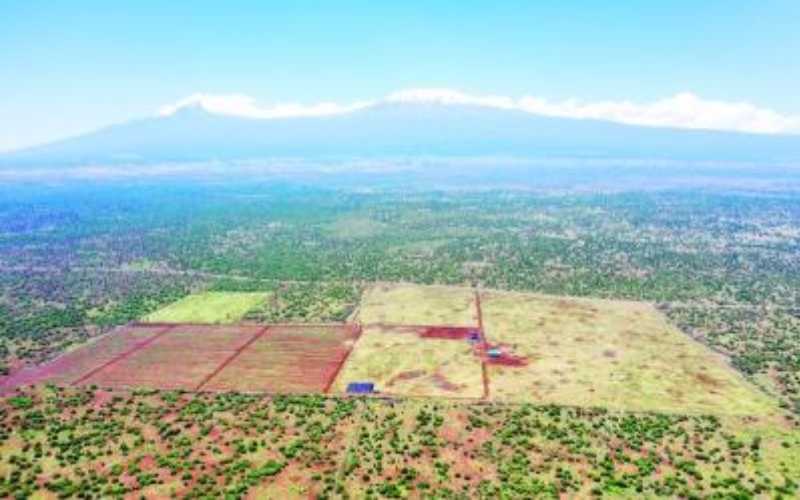×
The Standard e-Paper
Stay Informed, Even Offline

Within the sprawling plains of Kimana in Amboseli overlooking the scenic snow-capped Mt Kilimanjaro, an avocado farm is fighting for its survival.
Conservationists and members of the local community say the 180 acres that have been cleared and prepared for farming by KiliAvo Fresh Ltd spell a disaster for the movement of elephants into and out of Amboseli National Park.